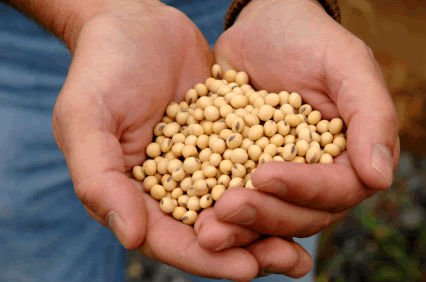
(
http://sustainablepulse.com)
The Sudanese government recently seized a shipment of genetically modified soybeans reportedly imported from the United States. Government authorities are saying that it is "illegal" to import GM foods into the country. This incident took place just one week after the Sudanese Customer Protection Society, which supports a complete ban on GMOs, called on the government to hold discussions regarding the matter.
Muawad Mustafa Rashid wrote for
Sudan Vision: "[W]hy should Sudan, with all its fertile lands, import genetically modified foodstuffs while it is possible to plant natural seeds and compete in the international market, considering that the prices of natural foodstuffs are very high compared to the genetically modified ones? There is no need for Sudan to use genetically modified food considering its vast arable lands."
He then went on to state that "genetically modified cotton seeds which were given to the cattle in Gezira State as fodder... resulted [in] the deaths of hundreds of the cattle."
The biotech industry and its friends in government have long targeted Sudan, trying to force the country to accept GMOs. In 2003, the Sudanese government asked the U.S. to certify its food aid shipments into the country as GMO-free; USAID informed Sudan that they would not provide such certification and instead sent lobbyists to influence the Sudanese government. This escalated in 2004 when the organization ceased its shipments of food aid to the country over the issue. In 2007, international pressure forced Sudanese authorities to accept 100,000 tons of GM sorghum "food aid" for its conflict-stricken Darfur region.
